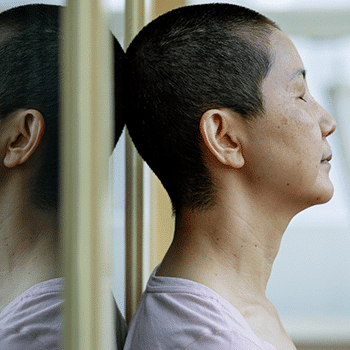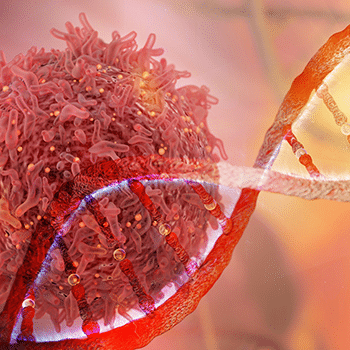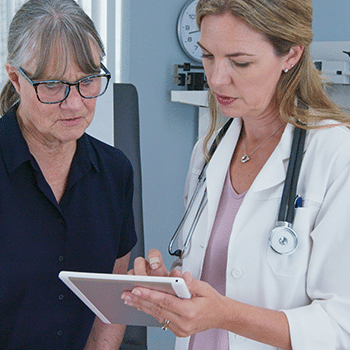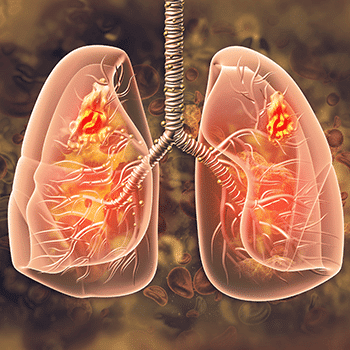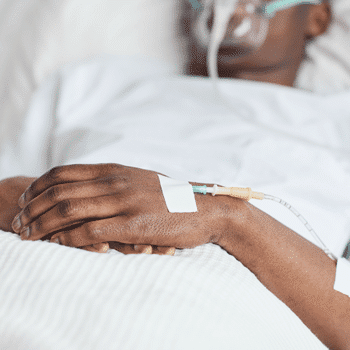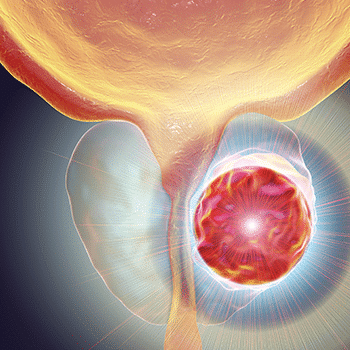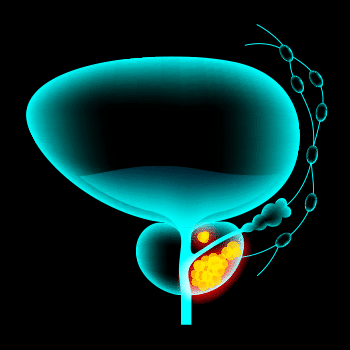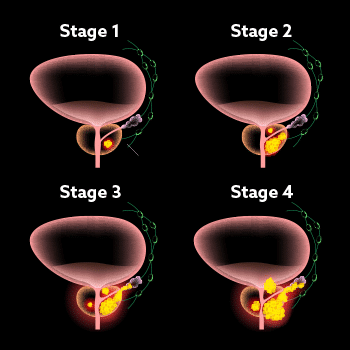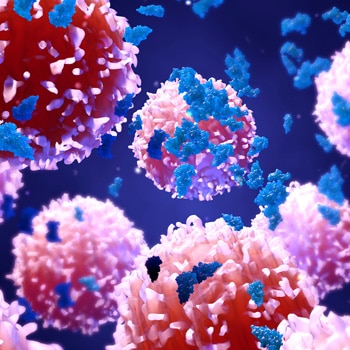
Stay Informed While Earning Oncology CME Credits
The cancer treatment landscape is rapidly changing with new discoveries and expert guidance emerging. As research, testing and treatment strategies continue to evolve, clinicians must keep abreast of the latest data on molecular mechanisms, emerging therapies, current standards of care, expert guideline updates, and new strategies for treatment. Whether you are looking for education on the value and interpretation of real-world evidence for clinical decision making, translation of efficacy and safety of therapeutic agents to decisions for your patients, or resources to share with patients and families navigating their cancer journey, you’ll find educational activities and resources here to help improve your knowledge and help your patients better take part in their care.
Our activities offer many credit types, including CME, AAFP Prescribed Credit, CNE, CPE, ABIM MOC, and ABP MOC. Each activity has been designed to meet the requirements for CME for MIPS. See each activity’s information page for the exact credit type and amount of credit offered.
Animations
Patient Resources
You may have a million questions about bladder cancer, but where do you to start? CME Outfitters talked with patients and caregivers to find out what information was useful for them and what questions they asked their physician and care team during visits. We compiled resources and questions to ask that we hope will be helpful as you and your family navigate this journey.
Resources
Ovarian Cancer
Breast Cancer
- American Society of Clinical Oncology (ASCO)/College of American Pathologists (CAP): Guideline on estrogen and progesterone receptor testing in breast cancer
- ASCO/CAP: Clinical practice guideline focused update on human epidermal growth factor receptor 2 testing in breast cancer, update
- ASCO: Clinical practice guideline update on recommendations on disease management for patients with advanced human epidermal growth factor receptor 2-positive breast cancer and brain metastases
- ASCO: Clinical practice guideline update on systemic therapy for patients with advanced human epidermal growth factor receptor 2-positive breast cancer
- ASCO: Guideline on management of male breast cancer
- ASCO: Endorsement of the Cancer Care Ontario guideline –Role of patient and disease factors in adjuvant systemic therapy decision making for early-stage, operable breast cancer, update (2019)
- Guidelines and Strategies for Cultural Competency
- Guidelines and Strategies for Cultural Competency: Additional Resources
- Ascertaining the Burden of Social Determinants of Health for Your Patients
Lung Cancer
- ASCO and Ontario Health (Cancer Care Ontario [CCO]): Joint guideline update on therapy for stage IV non-small-cell lung cancer without driver alterations
- National Cancer Institute (NCI): Non-small-cell lung cancer–Health professional version
- ASCO: Clinical practice guideline on systemic therapy for stage IV non-small-cell lung cancer, update
- American Thoracic Society (ATS): Official policy statement for evaluating molecular biomarkers for the early detection of lung cancer
- European Society for Medical Oncology (ESMO): Metastatic non-small-cell lung cancer –Clinical practice guidelines for diagnosis, treatment, and follow-up
Discover additional accredited CME/CE activities and patient resources on the Virtual Education Hub.

